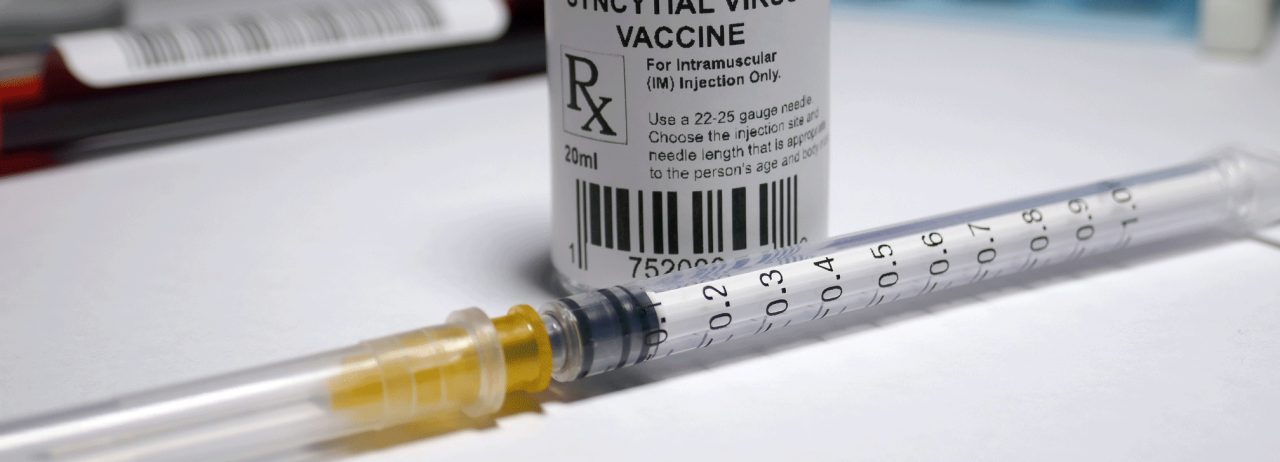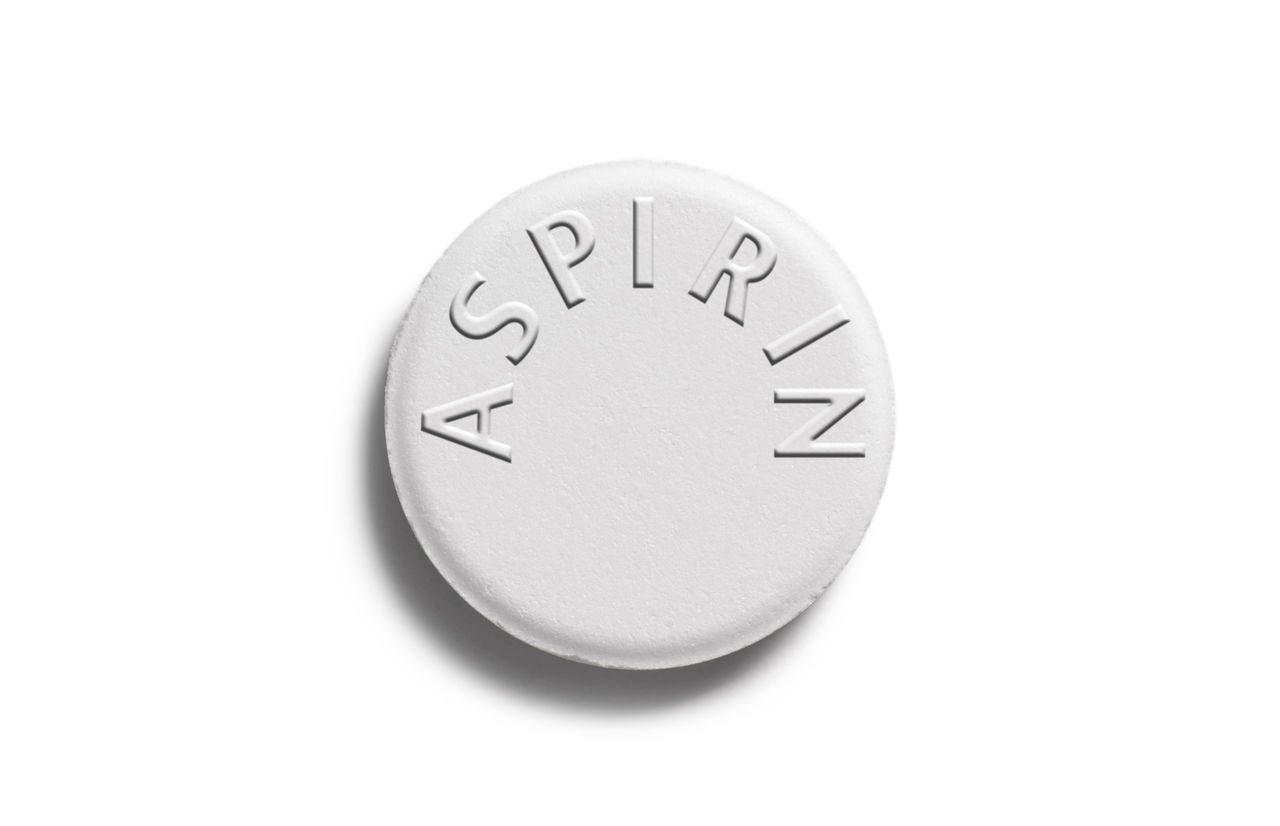
The Effects of Skipping Breakfast on Your Child
Your children will function best if they eat breakfast at home, but research suggests favoring milk and cereal over sausage. Here's what parents can do.

If you don’t treat your child's strep throat, he or she could develop a more serious infection called rheumatic fever, which produces inflammation throughout his or her body.

Babies can develop cavities, also called early childhood caries, if they suck too often. Look for other ways to calm your child, especially at bedtime.

Your teen son may not want to go to the doctor. But a doctor does need to check him yearly for hernias and other issues, as embarrassing as it may feel.

The surge in kids receiving an autism diagnosis, instead of other conditions, may be mostly a matter of definition. Here's what parents should know.

Should you arm yourself or your infant against respiratory infections caused by this common virus? Here's what you should know about the vaccines for RSV.

Your kids may not guess if you switch them over to a zero-calorie sweetened drink. The cut in calories could be good for their health. Here's what you can do.

Most girls feel uncomfortable during their periods. If your daughter’s pain persists, rule out serious problems like endometriosis and teach her about what helps period cramps.

Competitive individual sports like wrestling can be emotionally tough on young people. Team sports might be a better bet for your child’s mental health.

Many U.S. children still have high blood lead levels. Here's what parents should know about lead poisoning in children, mercury, and other pollution.

A very rare disorder that can damage your liver and brain, Reye’s syndrome can be fatal or lead to permanent brain injury unless it is treated quickly.